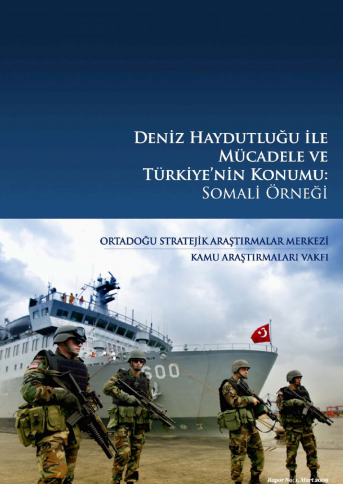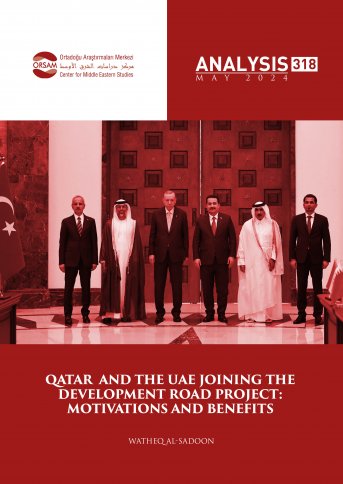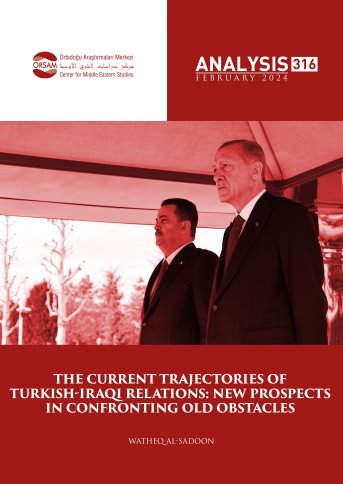
The Struggle Against Piracy: The Somalia Case and Turkey’s Position
Piracy and armed robbery at sea have always been detrimental to sea trade and transportation. The recent incidents of piracy off the coasts of Somalia are a good example of this problem. The civil war and state of turmoil in Somalia and the lack of an effective central government is laying the ground for off coast piracy, and the pirates are targeting merchant ships in particular. Piracy is a special term, defined as an international crime in international law of the sea. In this legal context, the UN Security Council authorized member states to take every necessary measure, including the use of force, in cooperation with the Transitional Federal Government of Somalia (TFG). Still, in order to succeed this international effort needs the cooperation and the combined efforts of both regional states and the international community. Additionally, the sea trade sector needs to develop and practice various defensive measures, including the use of private security services as means of protection. Military operations against piracy are limited to the status of a law enforcement operation. Recently, the Turkish Grand National Assembly resolved to give authority to the Turkish Government with respect to this matter. The resolution determines the strategic and military framework for the deployment of the Turkish Naval Forces in the region. The naval operation must be planned and executed in conformity with International Law, International Human Rights Law and finally, the national laws of involved states. Operation Allied Provider launched by NATO and the EU’s Operation Atalanta are good examples for case study purposes. Operational discipline will be provided by mission specific rules of engagement and code of conduct. An important challenge relates to rules regarding the treatment of the vessels, persons and goods, captured or seized as a result of an operation. Therefore, (if possible) these issues need to be clarified by special agreements and arrangements. Determination of applicable law/s and designation of state/s having jurisdiction are other crucial issues.




